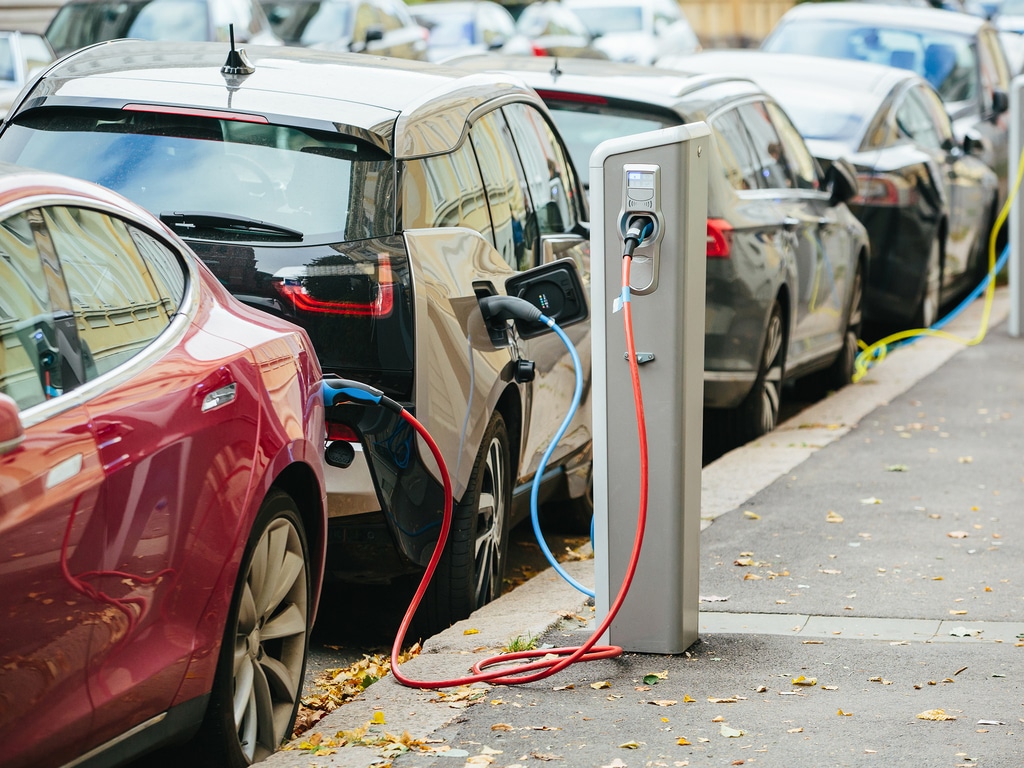In Kenya, the electricity distribution company Kenya Power wants to support the development of sustainable mobility through the deployment of charging stations for electric vehicles on a national scale. The cities of Nairobi and Nakuru will be the first beneficiaries of this project.
The facilities, which will be operational by 2023, will power 50,000 buses and two million motorbikes with electricity supplied by Kenya Power. These stations will contribute to the explosion of the electric vehicle market in Kenya, which is currently affected by soaring fuel prices like most countries in the world.
In this context, Kenya Power’s alternative is intended to be less expensive for drivers, as the company estimates that an electric minibus travelling about 200 km (at 120 kWh) per day in Nairobi consumes only 2,400 Kenyan shillings ($20) in energy. To carry out this strategy for developing green mobility in Kenya, the state-owned company headed by Rosemary Oduor is giving itself six months “to assess the potential and complexity of the electric mobility ecosystem before large-scale implementation throughout the country”.
Read also-KENYA: KenGen installs a charging station for electric vehicles in Nairobi
Kenya Power, which celebrates its 50th anniversary in 2022, also plans to develop geo-mapping software to enable electric car drivers to locate the nearest charging point. This project joins that of Kenya Electricity Generating Company (KenGen). The electricity producer recently installed a charging station for electric vehicles in the capital Nairobi.
Benoit-Ivan Wansi
